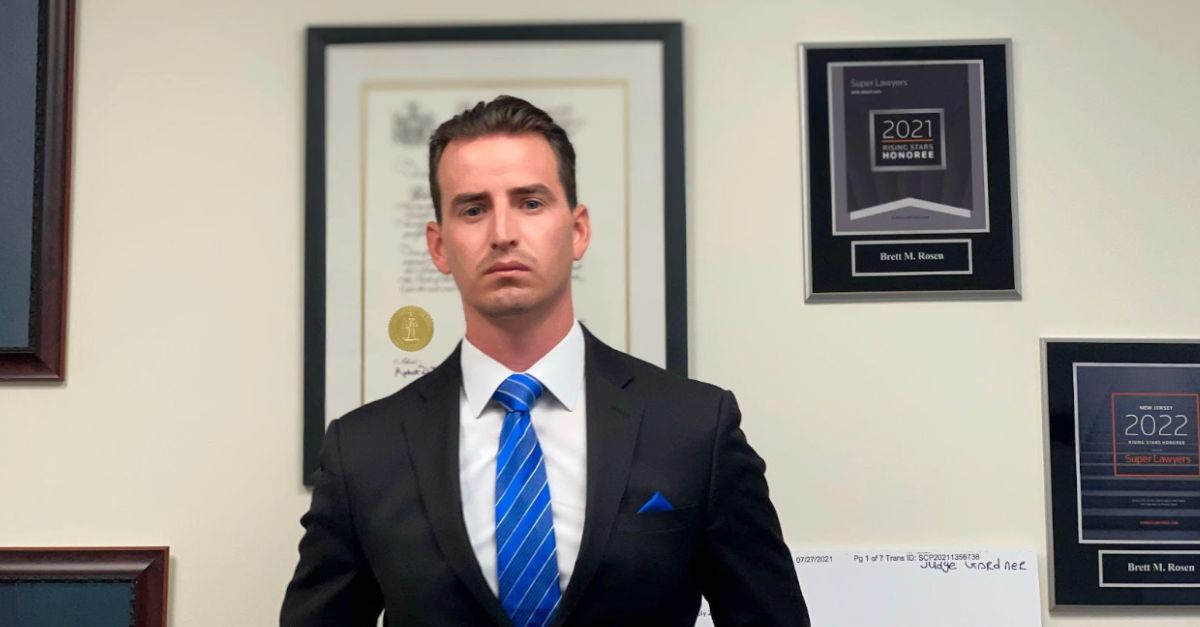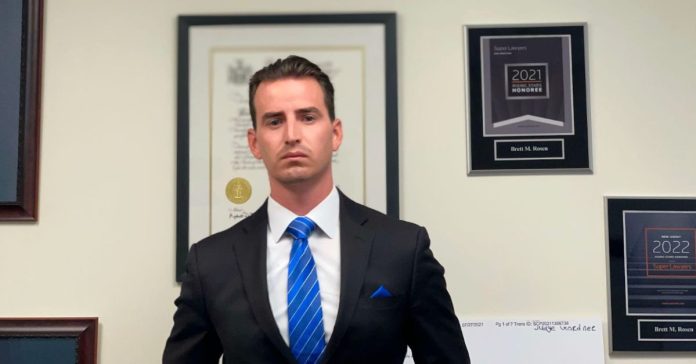
Criminal defense law is a central component of the U.S. justice system. At its core, the field protects one of the most fundamental principles of the American justice system: that every individual is presumed innocent until proven guilty. In recent years, the industry has gone through many changes, such as declining jury trials and the growing influence of artificial intelligence in legal research and case preparation.
According to the American Bar Association via NPR, around 98 percent of criminal convictions in the United States now result from plea bargains rather than trials. This reality reflects the immense pressure defendants face when weighing the risks of going to trial, especially when mandatory sentencing laws like New Jersey”s “No Early Release Act” are in play. Defense attorneys must therefore balance legal strategy with human factors and advocate for clients who often stand against the weight of state resources.
In addition, the legal profession is beginning to adapt to the rise of artificial intelligence. Tools that can quickly analyze case law or draft legal documents are already reshaping the way attorneys prepare. Yet, as criminal defense lawyer Brett Rosen notes, “There’s not going to be 12 robots in the jury. This will be 12 people, and they want a story, they want to relate to this person. You have to convey that message…a robot will never be in the middle.” His perspective reflects the importance of trial advocacy as a human, deeply personal practice.
In 2023, Rosen gained national attention after successfully defending Edilberto Torres, a karate instructor accused of sexually assaulting an 11-year-old student in Bloomfield, New Jersey. The allegations dated back to 2019, and a conviction would have carried severe penalties, including a lengthy prison term, Megan’s Law registration, and lifetime supervision. After a four-week trial that included testimony from the alleged victim, her mother, law enforcement, and multiple defense witnesses, the jury deliberated for eight hours before acquitting Torres of all charges.
Rosen reflected on the difficulty of the case: “These cases are very difficult, given that just the nature of the kid saying this…anytime it’s a kid, it’s kind of ‘why would you be making this up?’ On top of that, he had his community backing him during the trial. People came to support him almost every day.” The verdict secured his client’s freedom and allowed him to return to his livelihood.
Today, criminal defense attorneys face mounting pressures. Declining trial rates, mandatory minimum sentencing, and public scrutiny in sensitive cases create a difficult environment for defense work. At the same time, public defenders remain overburdened, with the American Bar Association reporting that most public defense offices lack the resources necessary to meet caseload standards. Private defense attorneys like Rosen are therefore increasingly visible in high-profile cases, particularly as they highlight systemic challenges within the justice system.
Looking forward, Rosen acknowledges that technology will continue to reshape the legal field, but he remains steadfast in the belief that human advocacy cannot be replaced. “I definitely see AI having an important role…especially in criminal defense. But at the end of the day, [trials] need someone who’s personable…who can convey a message the jury relates to.”
As the legal profession adapts to technological advances and ever-changing cultural expectations, Rosen’s philosophy will remain grounded in preparation, human connection, and unwavering advocacy for the accused.
This article is sponsored by Brett Rosen.
Members of the editorial and news staff of Law&Crime were not involved in the creation of this content.

